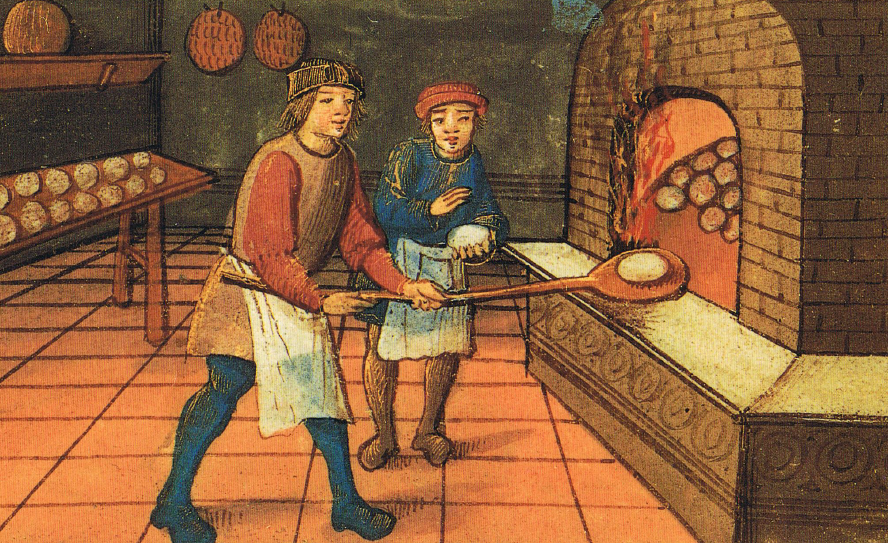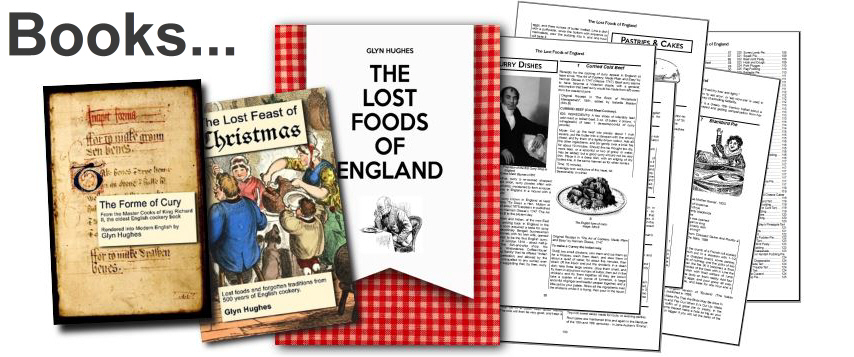

|
  The word ‘jannock’ means straightforward or genuine, and has been applied to plain bread loaves in both Lancashire and Northamptonshire. TT Wilkinson’s ‘Lancashire Folklore‘ of 1867 says of wooden shoes and jannock bread that; “Both these are said to have been introduced by the Flemish immigrant weavers about the year 1567. Their sabots, however, were made entirely of wood, lined with a little lamb’s skin, to protect the top of the foot; while the clogs of the present day have strong leather tops (often brass clasps) and thick wooden soles. The kind of bread introduced by the Flemings into Bolton and other manufacturing districts of Lancashire was made of oatmeal in the form of a loaf, and called jannock; but the gradual change in manners and improvement in social condition have almost banished this food, and wheaten-bread and oat-cakes have almost altogether taken its place.” For other traditional bread types, see: Cheat Jannock Bread Manchets Pandemain Wastel Bread Whigs  |
|
MORE FROM Foods of England... Cookbooks ● Diary ● Index ● Magic Menu ● Random ● Really English? ● Timeline ● Donate ● Royalty ● English Service ● Food Map of England ● Lost Foods ● Accompaniments ● Biscuits ● Breads ● Cakes and Scones ● Cheeses ● Classic Meals ● Curry Dishes ● Dairy ● Drinks ● Egg Dishes ● Fish ● Fruit ● Fruits & Vegetables ● Game & Offal ● Meat & Meat Dishes ● Pastries and Pies ● Pot Meals ● Poultry ● Preserves & Jams ● Puddings & Sweets ● Sauces and Spicery ● Sausages ● Scones ● Soups ● Sweets and Toffee ● About ... ● Bookshop ● Email: [email protected] COPYRIGHT and ALL RIGHTS RESERVED: © Glyn Hughes 2022 BUILT WITH WHIMBERRY |